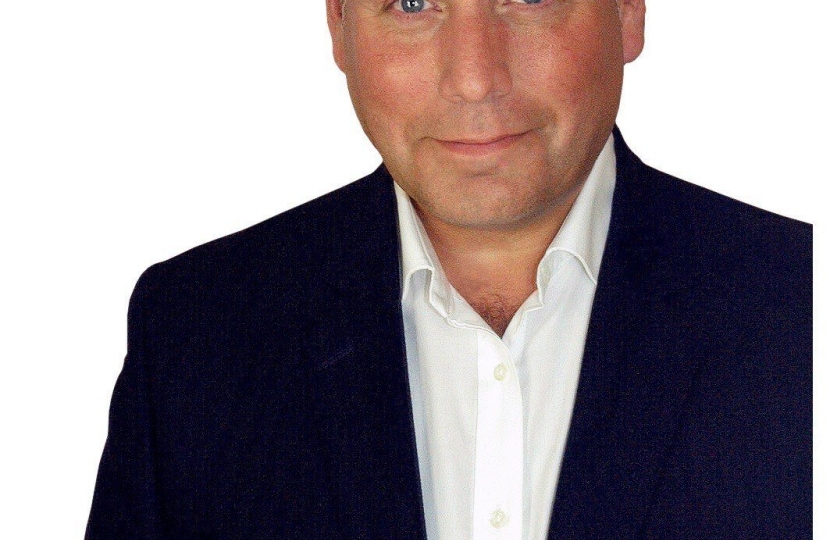
If you, like me, keep a vigilant eye on such things, you’ll have been struck by the recent “Soft Power 30” report. Inside its pages, American political scientist (and inventor of the international relations theory of neoliberalism) Joseph Nye ranked all the major nations in terms of their “soft power”. Their ability to shape the world in a non-coercive way: culturally, politically and through their foreign policy.
Nye ranks the UK as wielding more of that intangible but critical quality than any other country on earth. He says that we have more power to influence and move other nations than anyone else, including our American cousins. And one of the instruments with which we use to wield that soft power is the British Council.
Anyone who’s spent a length of time abroad will certainly be familiar with the work of the British Council. Far less known back home in Britain than everywhere else, the Council takes its billion pound budget and seeks “to promote a mutual interchange of knowledge and ideas with other peoples.”
I recently had the privilege of chairing an event in Parliament as part of the British Council’s Young Arab Voices programme. This intrepid group of young people came here from countries including Jordan, Lebanon, Israel, Syria and Egypt, and they were absolutely inspirational in talking to us about the pressures and forces of radicalisation and extremism.
By creating alternative pathways for young people, by offering a platform and a voice for young Muslims and Arab leaders, for example, and by changing lives and life chances through sport and a variety of cultural activities, the 9,000 British Council staff work to provide a special - and arguably unique - way to address our security and stability.
Now, as Chair of the British Council All Party Parliamentary Group. I’m in the process of launching an international inquiry into the best strategies for building resilience of those at risk from radicalisation. Over the course of the next few months, we’ll be taking oral and written evidence from individuals, organisations and representatives both here and on the ground in countries most affected in order to look at three broad questions:
What evidence is there on the success of projects to reduce radicalisation and under what conditions do they work? What lessons can be learnt from experience around the world? How can we apply those lessons to the challenge we currently face?
I think the British Council will be tremendously well-placed to not only pass on the findings of our inquiry, but also to implement and address change itself. As it has been doing for eighty years, it’ll continue to provide positive pathways for young people, help to give them a stake in society, strengthen institutions, support economic and social development, develop creativity and experience of the arts. All this, alongside building relationships with the UK and enhancing our influence and reputation by reaching – as it does - some 600 million people. Now that’s real power.
